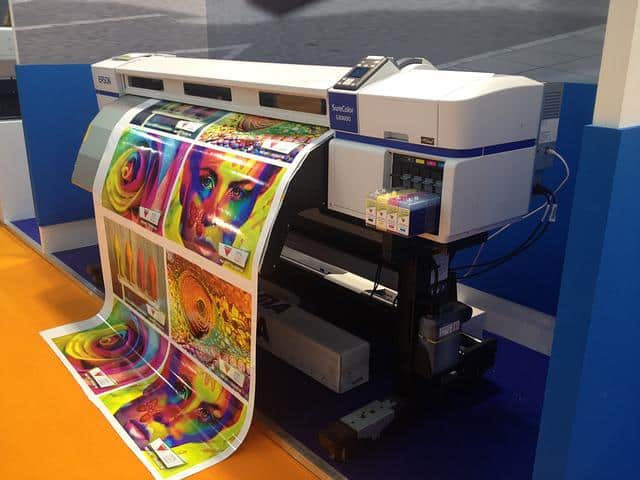
By applying ink to paper with a press or printer, a print is made.
From the Latin impressĭo , impression is the action and effect of printing (marking letters and other graphic characters on paper or other material, stamping a seal, fixing an idea or feeling in the mind, introducing something with force into something else, giving a characteristic to something).
The concept is used to name the process that consists of the production of texts and images . For this, ink is usually applied to paper using a printer or press . For example: “I already have the speech ready, I am going to send it to print” , “The release of the book was delayed due to a printing problem” , “We are going to opt for color printing in the next catalogue” .
Printing today
Industrial or large-scale printing is carried out in printing presses , which allow the reproduction of texts and figures using ink types that are transferred to the paper by pressure.
In recent decades, the popularity of printed material has declined considerably, due to the rise of computing and Internet publishing. Although the infrastructure necessary to manufacture and maintain computers and networks contributes to environmental pollution in an undeniable way, the computerization of newspapers, books and magazines is favorable in that it reduces the felling of trees.

The sensation that someone or something causes in the body or mind is called an impression.
A physical or symbolic mark
The impression is also the sign or mark that one thing leaves on another due to the action of pressure: “The impression of his hands in the fresh cement remained for posterity.”
The effect , sensation or alteration that something or someone causes in the mind or body is called impression: “The image of the dying idol caused a great impression in the population,” “The impression that the news generated in me was not He left with the passing of the days.”
How to make a good impression
People tend to worry about making a good impression on others , and this is achieved in different ways, according to conventions . During a job interview for an executive position, it is possible to achieve this by trying to convey our sense of responsibility and commitment, as well as certain knowledge and specific skills that are useful for the performance of the job for which we are applying.
However, while this formula may work in the workplace, it will probably lead to failure if we use it to make a good impression on a group of strangers at an informal party; In this case, sympathy and spontaneity are usually the most appropriate choices, since any demonstration of intellectual capacity can be interpreted as an act of arrogance.
It goes without saying that these examples only respond to certain generalizations, and that no matter how many efforts we make when getting to know a person, we cannot predict what impression we will make on them. There are companies that value authenticity in their employees, and people who in a bar hope to meet a deep and cerebral being; There is no single way to generate a good opinion in others, and our feelings and needs should always take precedence over those of others.
The weight that society has placed on certain stereotypes strongly conditions the performance of the majority of human beings when it comes to relating to each other. During our upbringing we are taught to look down on some people, generally without explanation, and to admire others, for reasons that are also unfounded. These preconceptions play a dangerous role in adolescence, especially for those who discover that they belong to the group disowned by their elders.
An opinion without logical support
Impression, finally, is the opinion or judgment that is raised without justification or logical support.
“I don't know, I have the impression that this man doesn't tell everything he knows” is a phrase that shows this meaning. In this case, its meaning is similar to that of intuition or hunch.
